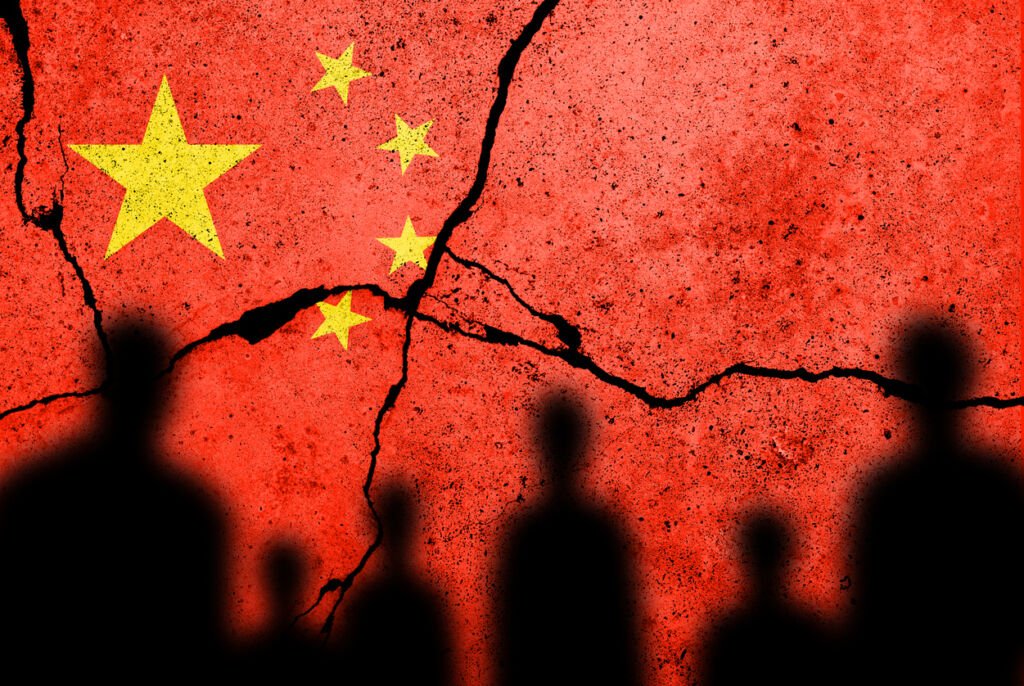A few weeks ago, Chinese construction company Evergrande was ordered to liquidate after failing to convince a Hong Kong court it had a viable turnaround plan. The company had long been struggling to meet its interest repayments and has amassed a staggering US$300 billion in debt.
But what relevance does this hold for the Australian economy?

The collapse of this property conglomerate will have wide reaching consequences for Chinese markets, which have close ties to the Australian economy. It will also provide crucial precedent to foreign investors on how China prioritises their claims during an incident of insolvency.
The collapse may also potentially trigger a run of similar insolvencies across numerous Chinese supply, construction and related service industries. This can have knock-on consequences for financial institutions, which may then pursue more restrictive lending practices. This could also trigger a decline in foreign investment and economic growth.
China currently receives 85% of Australia’s iron ore exports, much of which is used in construction. Iron is a pillar of the Australian economy, and a significant contributor to the vast federal budget, which holds the key to Australia’s exceptional standard of living. A significant decrease in Chinese demand for iron ore could jeopardise Australian iron prices, royalties and government spending capacity. While this is not an imminent concern, it is something to watch for in the long term.
Australia’s iron exports have thus far proven resilient to the plethora of challenges which haunt China’s property market. Previous attempts made by China to reduce dependence on Australia for this vital commodity have also proven largely unsuccessful.
With that said, China’s economic trajectory has long been predicted to eventually shift away from construction and reposition to become more service focused. A debt crisis could be the event that triggers this shift.
Despite some clear indicators for a potential future downturn in iron ore, Australia continues to dominate global iron exports. Additionally, disruptions to global supply caused by the Russia- Ukraine War continues to have a cushioning effect on the price of Australian commodities, particularly agricultural and natural gas exports.
The consequences of the Evergrande collapse are live and unfolding. How the Chinese government chooses to respond to this insolvency incident will have consequences for both Australia and China. There are early indicators China’s policymakers will take a proactive role in stabilising market conditions.
While Evergrande does not have a large presence in Australia’s real estate market, this collapse does have the potential to impact foreign property investment in Australia.
